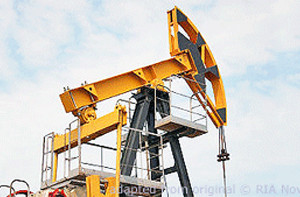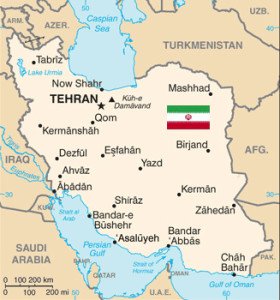Russia’s Finance Ministry Warns Of Another Price Collapse

(Oilprice.com – Irina Slav – July 9, 2018 – oilprice.com/Energy/Energy-General/Russias-Finance-Ministry-Warns-Of-Another-Price-Collapse.html)
If prices remain at their current level, another collapse could be around the corner, the Russian Finance Ministry has warned in a report, cited by Sputnik.
According to the report, the long-term equilibrium price level for crude oil is currently around US$50-60 a barrel, but actual prices are substantially higher than that and “the current growth should be regarded as temporary […] If oil prices continue to remain above long-term equilibrium levels, the price collapse will repeat again.”
The report attributed the price rise to the sharp decline in Venezuelan oil production and the U.S. sanctions against Iran that seek to reduce oil production in the country to zero. The authors, however, noted that the next price collapse could be avoided by boosting production in countries including the United States, Angola, Canada, and Brazil.
 While the Russian Finance Ministry worries about a price crash, others are warning about a spike above US$100 per barrel if Iran makes good on its latest threat to close the Strait of Hormuz in retaliation for the U.S. sanctions. Closing the biggest oil chokepoint in the world would wreak havoc on Middle Eastern shipments of the commodity, so a major price spike is very likely should that happen.
While the Russian Finance Ministry worries about a price crash, others are warning about a spike above US$100 per barrel if Iran makes good on its latest threat to close the Strait of Hormuz in retaliation for the U.S. sanctions. Closing the biggest oil chokepoint in the world would wreak havoc on Middle Eastern shipments of the commodity, so a major price spike is very likely should that happen.
Of course, the likelihood of Iran actually doing this is not that substantial. That’s not just because closing Hormuz would lead to a prompt response from U.S. Navy forces in the Persian Gulf and will likely spark an open conflict in the region, but also because playing the good guy would serve Iran’s cause of victimhood much better than aggression.
Meanwhile, Iranian oil importers are preparing for the expiry of the six-month wind-down period the United States gave Iran oil importers to cut shipments from the country. Last month, the State Department toughened its stance, insisting that imports of Iranian crude be reduced to zero, which naturally boosted international prices further.
